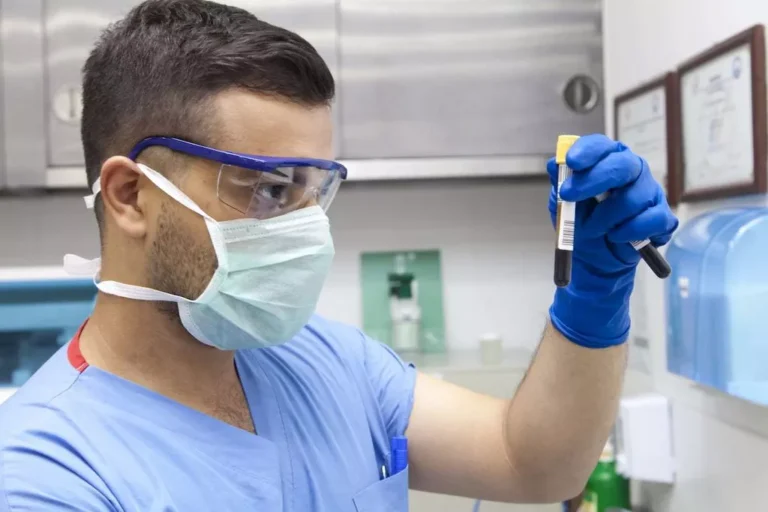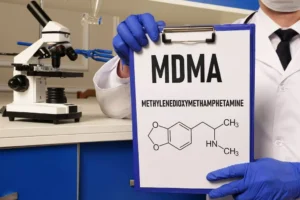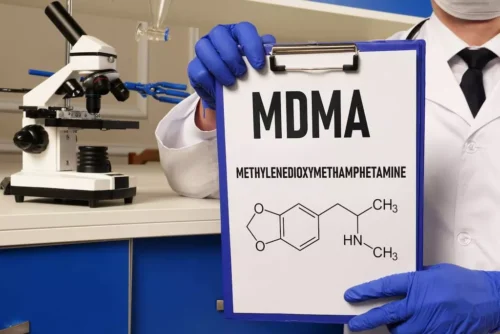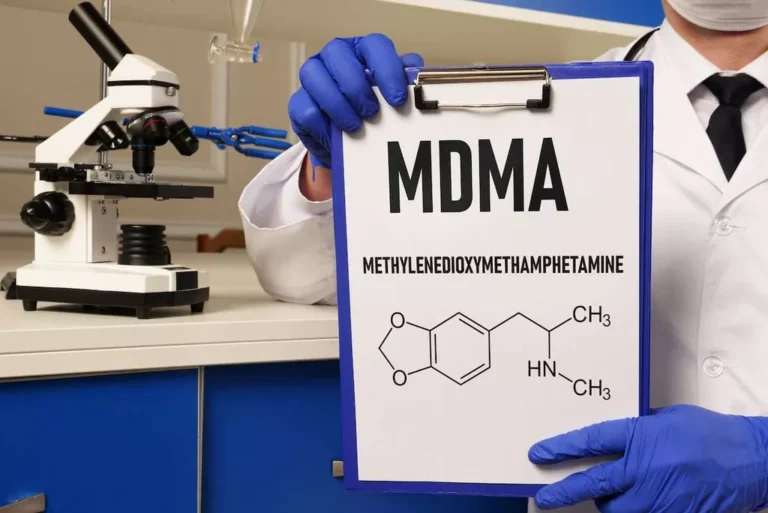Four reasons why your tolerance for alcohol can change

Narrowing from a societal view to an individual one, my clinical experience suggests the triggers for drinking are varied. Negative emotions are certainly on this list, such as feeling nervous attending a social event, particularly after the mandated social withdrawal of the pandemic. Also, sadness, anger, frustration, and even boredom can turn our attention to a cocktail. Many cite their increased use as a cause for concern but are struggling to cut back despite their awareness of alcohol’s negative effects on their physical and mental health. AA meetings are full of stories of people who quit drinking for a spell or cut back. The question is how long you can keep up a more moderate drinking style.

Reducing your risk of dementia

The researchers concluded that drinking less cut their chances of developing a dependency. As he walked away from me I began to shout but he kept going. I knew he couldn’t enjoy my company and the beauty of the spot because he was worried about how he’d get his next drink. Does cutting down or quitting alcohol seem almost impossible? An invisible force may be sabotaging your efforts to have a different relationship with alcohol.

Soccer star: ‘Let’s talk about mental health’
She checked out Alcoholics Anonymous because that was the only alcohol support group she’d ever heard of. “I had these good intentions, but then every time Friday rolled around, I’d lose my resolve,” Dierker says. “I had these good intentions, but then every time Friday rolled around, I’d lose my resolve.” If you’ve ever tried to break any habit, you probably know it’s often easier said than done.
- It can be used with counseling or therapy and is not meant as a substitute for professional help.
- In this scenario you may need to drink five pints to get the same initial “buzz” you got from four pints.
- In addition, some new, non-addictive medications can reduce the desire to drink or lessen the rewarding effect of drinking so it is easier to stop.
- And it also addresses what many experts see as a treatment gap.
- You might eventually start craving that reward in new situations.
- If you have pain when you swallow or frequently choke on your food, you may have dysphagia and should speak with a doctor.
Cravings and alcohol use disorder
These changes can lead to tolerance, or a need to drink more in order to feel the same effects. They can also leave you more sensitive to alcohol’s effects and raise your risk of withdrawal symptoms. Cravings won’t necessarily affect everyone who cuts back on alcohol. Still, they’re pretty common, especially if you drink regularly or your alcohol use falls into the “heavy drinking” category (binge drinking 5 or more days in the last month).

Think of an alcohol relapse as a temporary setback and keep persisting toward full recovery. Fortunately, urges to drink are short-lived, predictable, and controllable. This short activity offers a recognize-avoid-cope approach commonly used in cognitive behavioral therapy, which helps people to change unhelpful thinking patterns and reactions.
- But untreated swallowing problems raise the risk of choking.
- Sometimes, a swallowing problem will resolve itself without treatment.
- The third phase of swallowing takes 6 to 8 seconds to complete.
- In some people, the initial reaction may feel like an increase in energy.
Alcohol use disorder includes a level of drinking that’s sometimes called alcoholism. Alcohol cravings are common, especially when you first try to change your drinking habits. It could take some time and effort to find a strategy that helps you navigate them effectively, but you do have plenty of options for support.

Unhealthy alcohol use includes any alcohol use that puts your health or safety at risk or causes other alcohol-related problems. It also includes binge drinking — a pattern of drinking where a male has five or more drinks within two hours or a female has at least four drinks within two why cant i control my drinking hours. Binge drinking causes significant health and safety risks. In fact, a recent study by the Centers for Disease Control and Prevention found that the majority of Americans who drink more than one or two drinks a day are not alcoholics. But there are other drinkers, including some who are in the habit of drinking more than one or two drinks a day, who may be able to cut back or moderate their consumption and reduce their risk.
